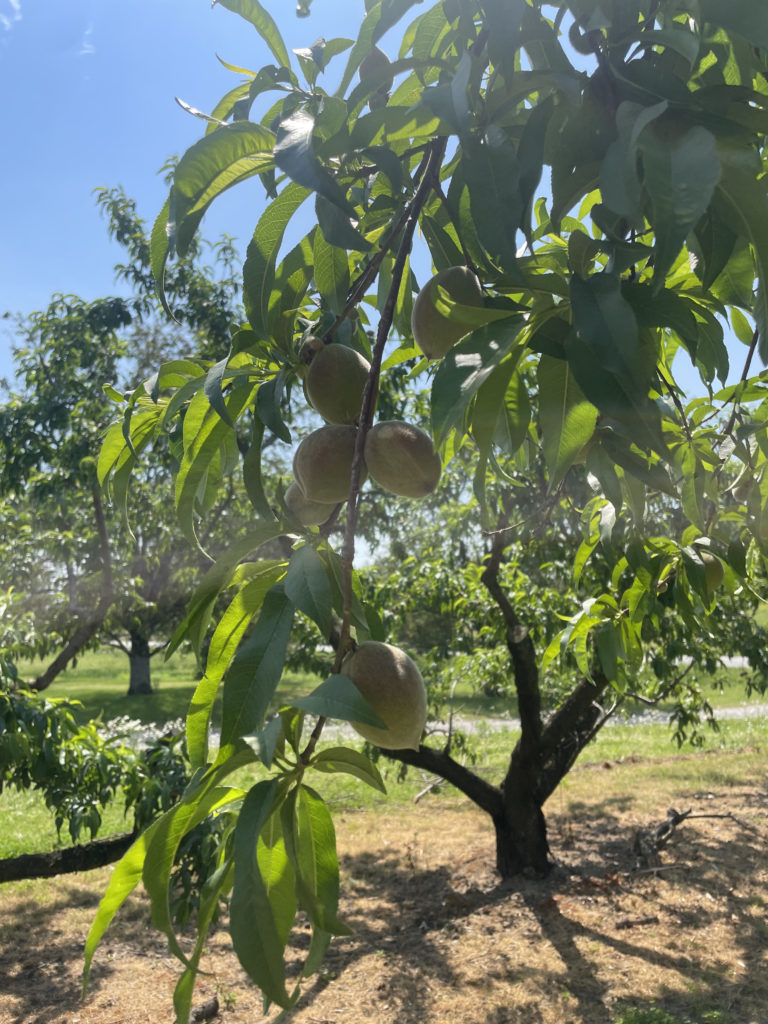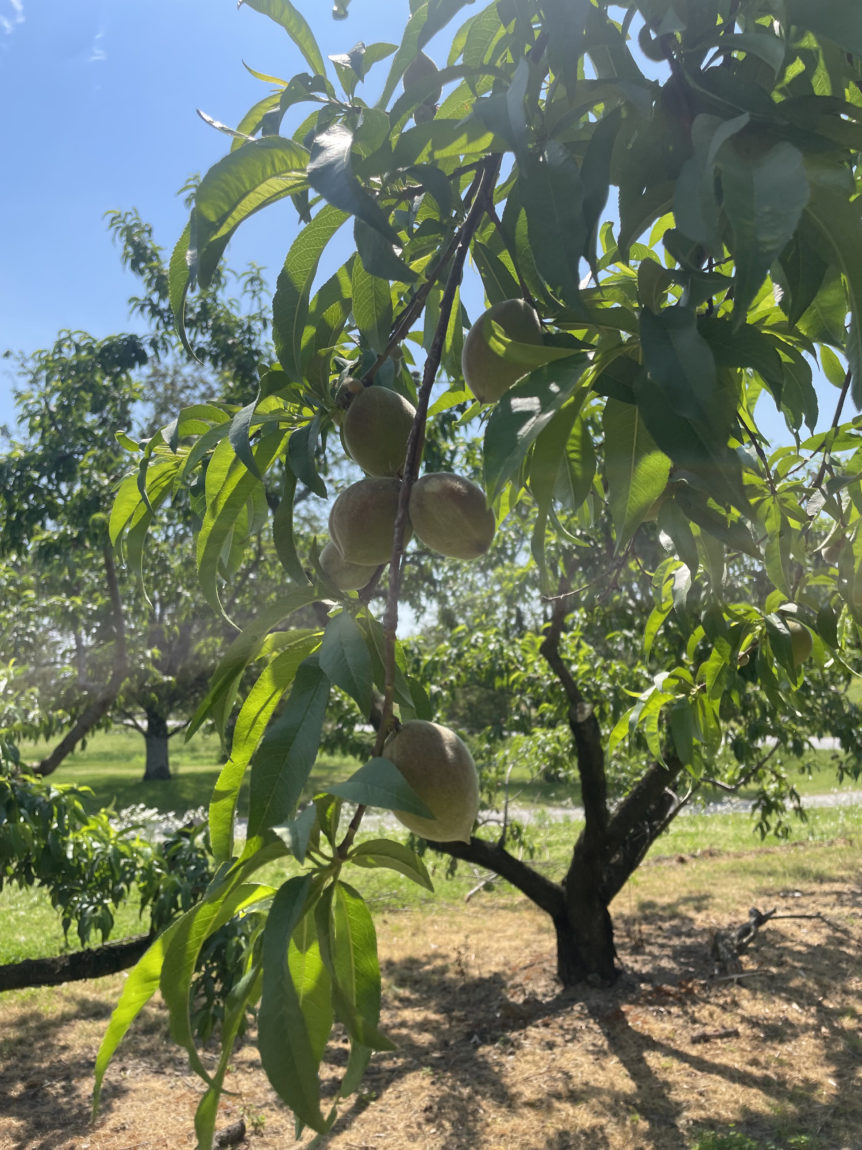
By Clint Thompson
A lack of a spring freeze not only allowed Alabama peach producer Jackson Reeves to field a bumper crop this year, it enabled him to capitalize on early varieties that are usually the most vulnerable to cold damage.
“We don’t grow a whole lot of these early varieties because they usually get killed, but we do have some. We were able to start picking (late May) and then (a week later) we had another variety that came in,” said Reeves, who added that his early variety trees have been killed by a freeze event the past six years.
Reeves’ early varieties were all clingstone, meaning they all stick to the seed.
Reeves will start harvesting more free stone varieties now that the calendar shows the first week in June, leading into his peak season.
“That’s really the heart of our peach crop right there. Those are the best peaches we have, and the most peaches we have is in that time,” Reeves said.
Now comes the hard part for Reeves and other Alabama peach producers hoping to capitalize with a bumper crop this year. Selling fruit when there is increased supply could be a challenge.
“I imagine they should sell pretty good. The market might get pretty saturated seeing that everybody has peaches this year. I believe we shouldn’t have any problem selling what we’ve got. We might have to wholesale a little bit. People are going to want them,” Reeves said.
Reeves’ Peach Farm is located in Hartselle, Alabama, located just southwest of Huntsville. The farm consists of 70 to 80 acres.










